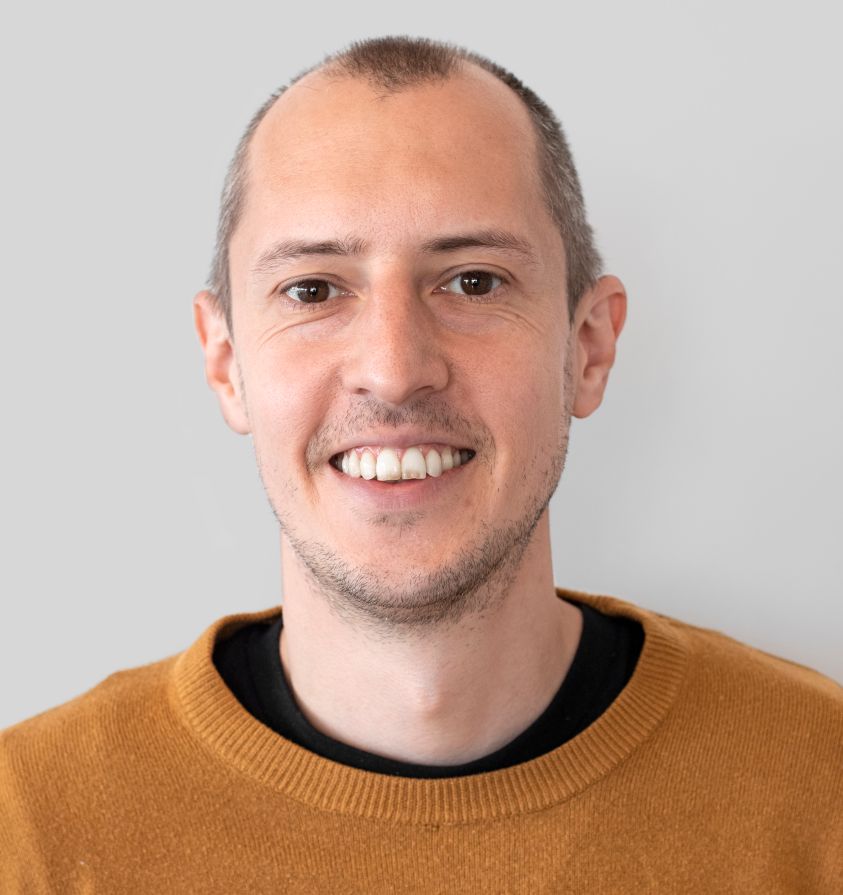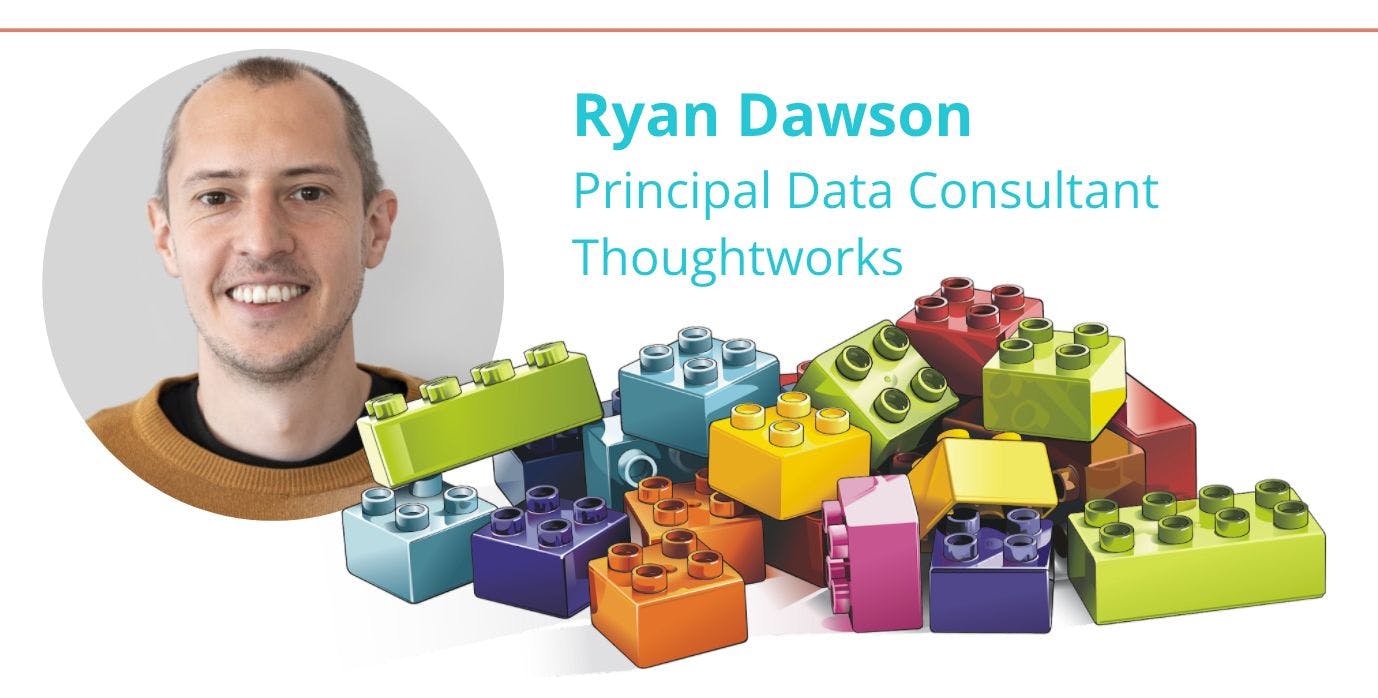Notes On Data-Driven Value Creation with Noonies Nominee Ryan Dawson
by
November 5th, 2021
Audio Presented by

Principal Data Consultant at ThoughtWorks. Hackernoon Contributor of the Year - Engineering.
About Author
Principal Data Consultant at ThoughtWorks. Hackernoon Contributor of the Year - Engineering.
